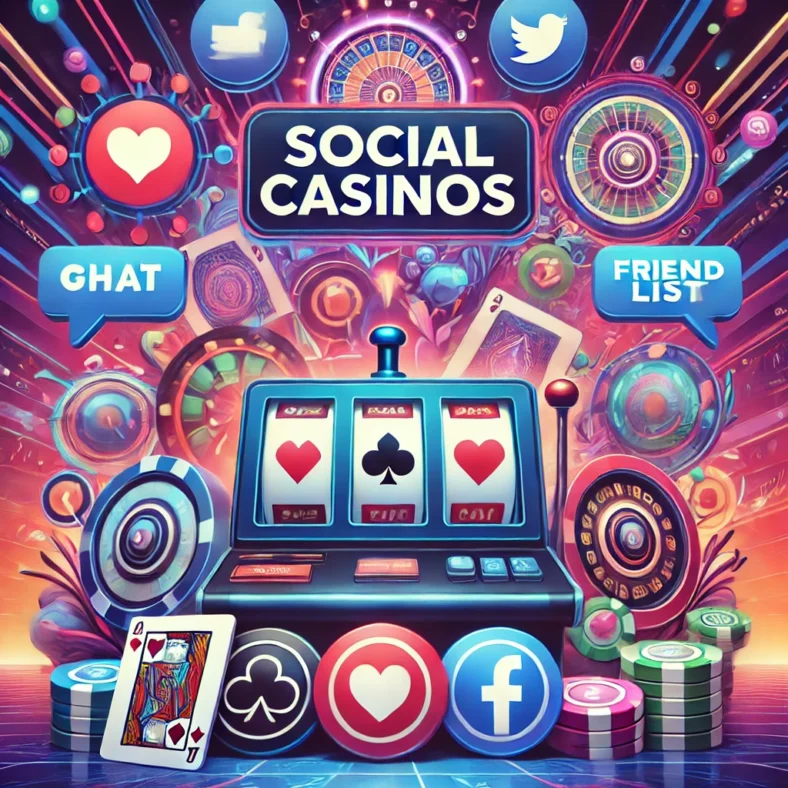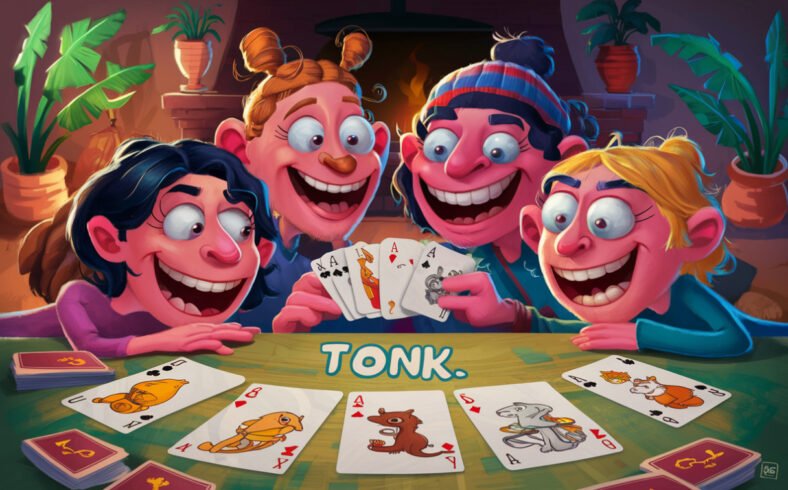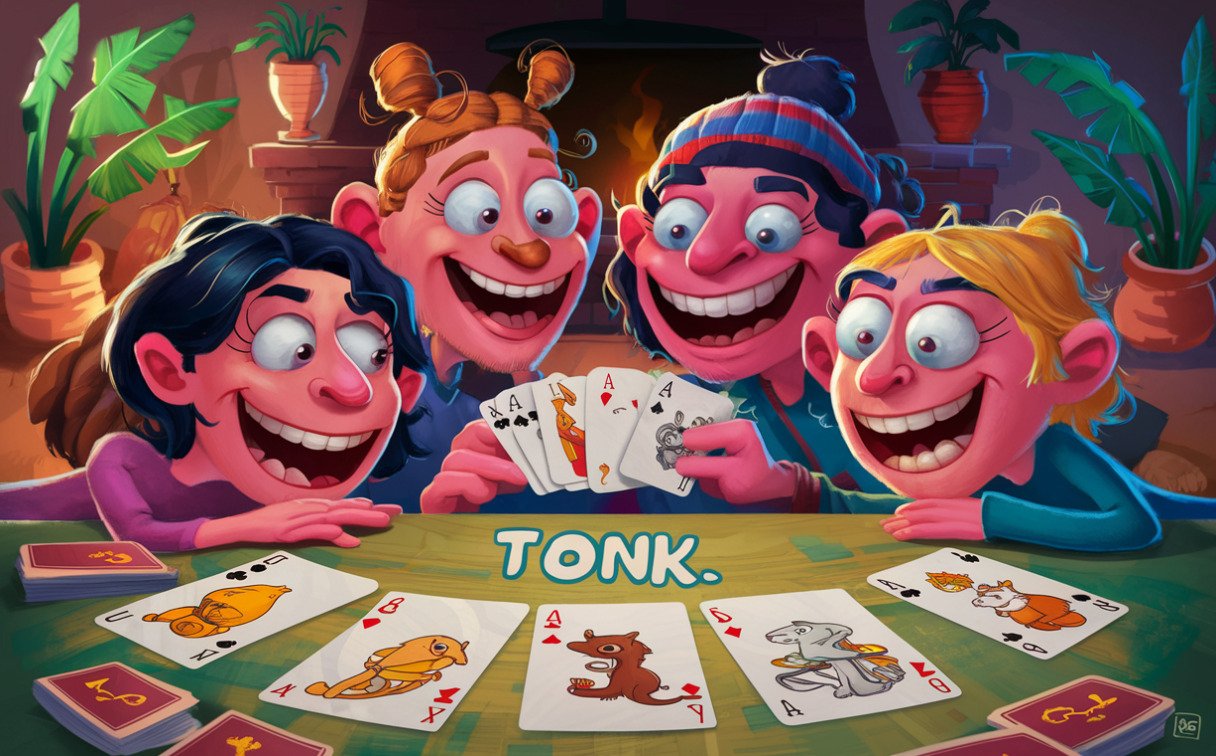Andar Bahar is a simple yet thrilling card game that has been enjoyed in India for centuries. With its straightforward rules and fast-paced nature, it has become a favorite among both casual and serious gamblers. While the game largely depends on luck, using a few strategic tips can significantly improve your chances of winning. In this article, we’ll share some practical tips to help you succeed in Andar Bahar and make your gaming sessions even more exciting.
Understanding the Basics of Andar Bahar
Before diving into tips and strategies, it’s crucial to have a solid understanding of the game. Andar Bahar is played with a standard deck of 52 cards. The dealer draws a single card (known as the “Joker” or “House card”) and places it in the center. Players then bet on whether the matching card will appear on the “Andar” (inside) or “Bahar” (outside) side of the table. The dealer alternately places cards on each side until a card matching the Joker appears.
Now that you have a quick overview of the rules, let’s explore some tips to enhance your chances of winning.
Tip 1: Start with Small Bets
When playing Andar Bahar, especially if you are a beginner, starting with smaller bets is always a smart move. This allows you to get familiar with the game’s flow without risking a large portion of your bankroll. Since Andar Bahar is a game of chance, placing smaller bets initially helps you gauge the pattern and timing of card draws.
Once you gain more confidence in the game, you can gradually increase your bets. However, always remember to bet within your limits to keep the game enjoyable and stress-free.
Tip 2: Observe Game Patterns
Although Andar Bahar is largely a game of luck, some players believe that observing the patterns can help make better decisions. In some cases, cards might appear more frequently on one side than the other. While this may not be a guaranteed strategy, noticing patterns in previous rounds can give you an idea of where the next matching card might land.
Take note of the previous rounds and see if you can identify any trends. While the game does not follow a strict pattern, being observant can provide a slight edge and add another layer of excitement to your gameplay.
Tip 3: Use Side Bets Wisely
Some variations of Andar Bahar offer side bets, allowing you to wager on the number of cards that will be dealt before a match occurs. These side bets can be tempting as they often come with higher payouts. However, they also come with higher risk.
When using side bets, be strategic. Place them sparingly and only when you are comfortable with the level of risk involved. Since these bets have a lower probability of winning, they should not be your main focus. Treat them as an added thrill rather than a primary strategy to win.
Tip 4: Choose the Right Platform
Choosing a reputable online platform for playing Andar Bahar can significantly impact your overall experience. Reliable platforms offer fair play, secure transactions, and transparent rules, ensuring you get the most out of your game. Additionally, some platforms may offer bonuses and promotions that you can use to increase your bankroll.
Always do some research before selecting a platform. Check for user reviews, licensing, and payment options to ensure that you are playing in a safe and fair environment.
Tip 5: Manage Your Bankroll
Bankroll management is one of the most important aspects of playing Andar Bahar successfully. Set a budget for each gaming session and stick to it, regardless of whether you are winning or losing. By managing your bankroll, you can play more rounds and extend your gaming experience without the risk of losing more money than you can afford.
A good rule of thumb is to divide your bankroll into smaller units and bet a consistent amount each round. This way, even if luck is not on your side, you’ll have enough funds to continue playing and possibly turn things around.
Tip 6: Avoid Chasing Losses
Andar Bahar is a fast-paced game, which can sometimes lead to emotional decision-making. If you experience a losing streak, resist the urge to chase your losses by increasing your bets. This approach can quickly deplete your bankroll and take away the fun of the game.
Instead, take a break if you find yourself on a losing streak. Step back, relax, and re-evaluate your strategy. Remember, it’s a game of chance, and the next round could be your opportunity to win.
Tip 7: Take Advantage of Bonuses and Promotions
When playing Andar Bahar online, many platforms offer bonuses and promotions for both new and existing players. These bonuses can boost your bankroll, giving you more opportunities to play and win. Make sure to read the terms and conditions of these bonuses, as they often come with wagering requirements.
Using bonuses wisely can increase your chances of winning without using your own money. However, never rely solely on bonuses for your gameplay; use them as a supplement to enhance your experience.
Conclusion
Andar Bahar is an entertaining and fast-paced card game that offers plenty of excitement and winning opportunities. By following the tips mentioned above—starting with small bets, observing patterns, using side bets wisely, choosing the right platform, managing your bankroll, avoiding chasing losses, and taking advantage of bonuses—you can boost your chances of success while keeping the game fun and enjoyable. Remember, while Andar Bahar is a game of chance, having a strategic approach can enhance your experience and maximize your winning potential. Happy playing!



